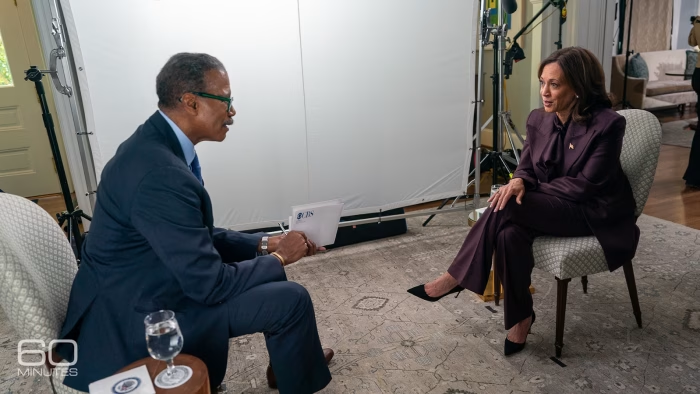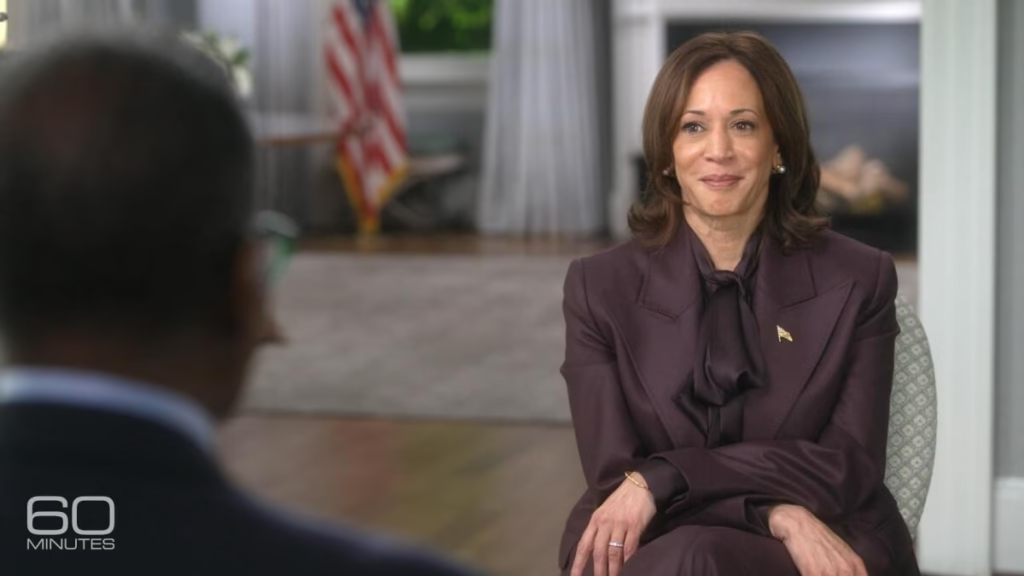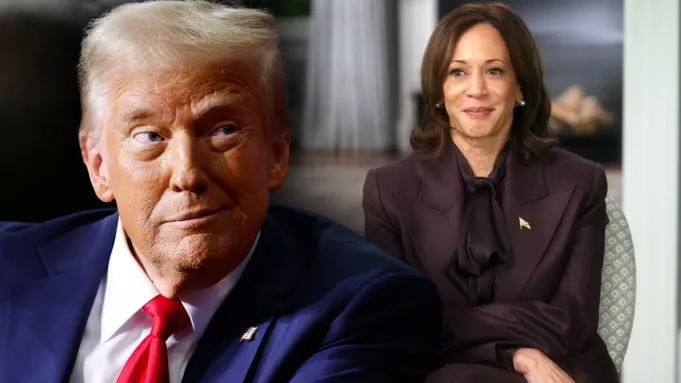
In a major development shaking the media and political worlds, Paramount Global has agreed to pay $16 million to settle a lawsuit filed by former President Donald Trump. The lawsuit originated from an October 2024 60 Minutes interview featuring then-Vice President Kamala Harris, which Trump claimed was deceptively edited to cast Harris in an unfairly favorable light during the heated presidential campaign.

Announced on July 2, 2025, the settlement allocates the $16 million to cover Trump’s legal fees and support his future presidential library. Notably, Paramount did not apologize or admit any fault regarding the editing of the interview, underscoring the complexity of the case and the high stakes involved.
The lawsuit stirred significant tension behind the scenes at CBS News, culminating in the resignation of 60 Minutes executive producer Bill Owens. Owens cited increasing corporate oversight and interference that he felt compromised the program’s journalistic independence—a stark reminder of the delicate balance between editorial freedom and corporate interests in today’s media landscape.
Adding another layer to this story, the settlement coincides with Paramount’s pending $8 billion merger with Skydance Media. This massive deal requires approval from the Trump administration, raising eyebrows among critics who worry about potential conflicts of interest and what it might mean for press freedom in an era already fraught with political polarization.
As part of the agreement, Paramount has committed to releasing full transcripts of all future presidential candidate interviews aired on 60 Minutes, albeit with necessary legal and national security redactions. This move aims to increase transparency in political journalism and rebuild some public trust in the media’s handling of high-profile political coverage.
The settlement has sparked a heated debate across media circles and political arenas. Some view it as a pragmatic move to avoid a lengthy, costly court battle, while others see it as a troubling precedent that could chill independent journalism and encourage media companies to bow to political pressure.
For viewers and readers, this story serves as a reminder of the ongoing challenges journalists face in maintaining integrity and independence amid complex corporate and political forces. As this saga continues to unfold, it will be crucial to watch how media organizations navigate these pressures while striving to provide truthful and balanced reporting.
Stay tuned for further updates on this landmark settlement and its implications for media, politics, and press freedom.



